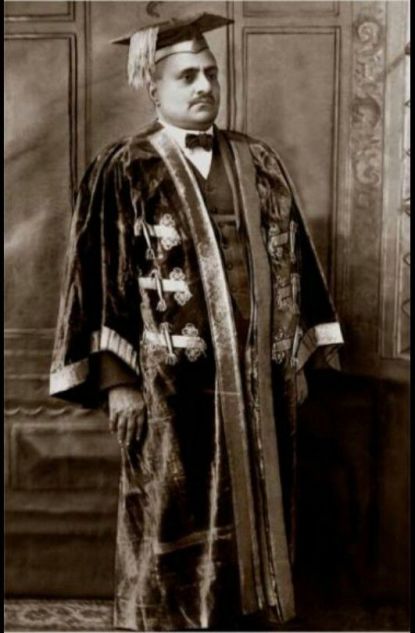On 18 July 1946 a new university was founded in Sagar. It was the last higher education institution to be established during British rule, and indeed the first university of independent India in the post-war period, which revised the legacy of colonial policies.
Unlike many British colonies, India had an ancient culture and a rich history both from a scientific and humanitarian perspective. The struggle for an independent India started in the humanitarian sphere. The Indian Independence movement was led by eminent thinkers and Professor Harisingh Gour was one of them.
He was Vice-Chancellor of the University of Delhi, Nagpur University, and founder of the University of Sagar, where he also became Vice-Chancellor. The professor was an outstanding politician, educator, and poet. Being a lawyer he introduced significant amendments to India’s Penal and Civil Codes, contributing to the development of education and culture.
His University of Sagar became one of the largest in India. By the beginning of the 21st century, more than 40 disciplines, geared predominantly towards humanitarian disciplines, were taught in the university, and many famous Indian philosophers, journalists, writers, actors and politicians count themselves as alumni of this seat of learning.
Sagar University was originally created as a university of the independent state. Since 1983 it has been named after its founder Harisingh Gour. It is considered a most prestigious academy and is well known for the high-quality of the education it offers.
Source: The official website of Dr. Hari Singh Gour University
























